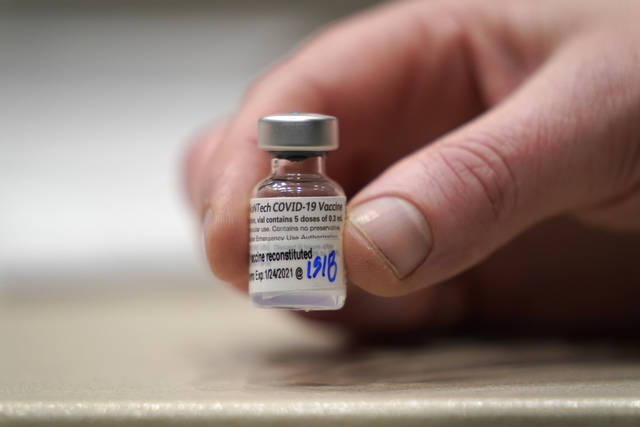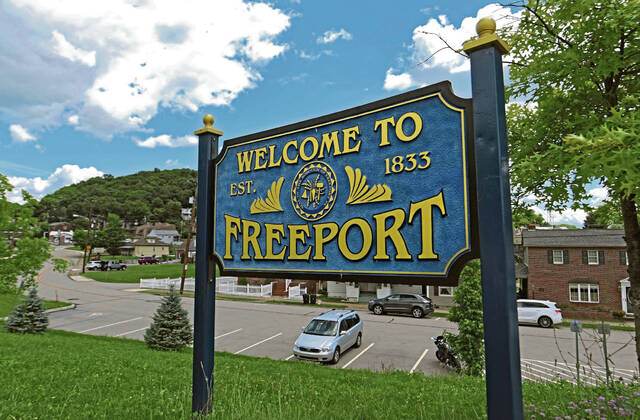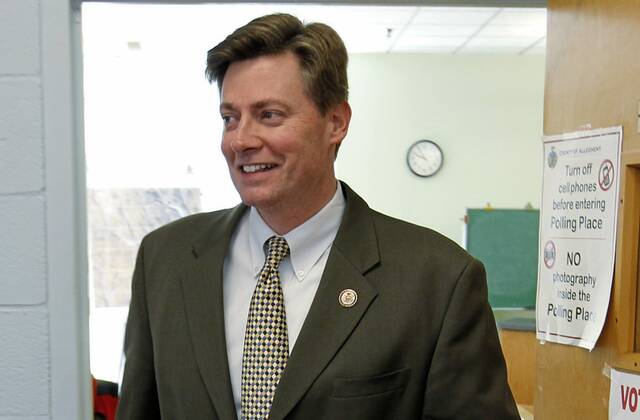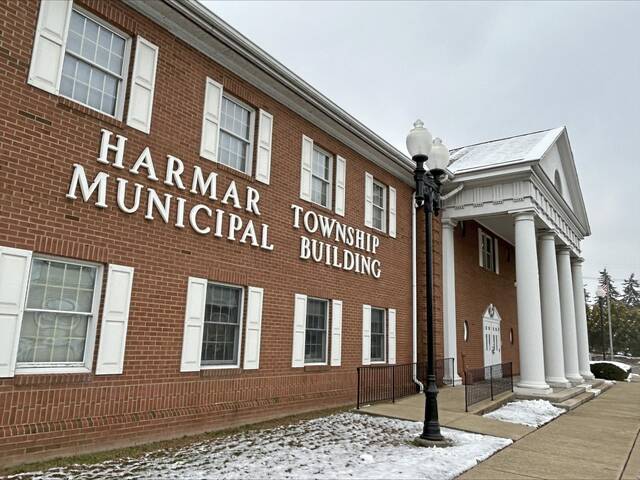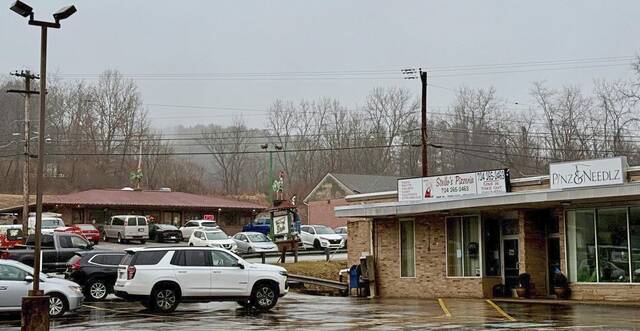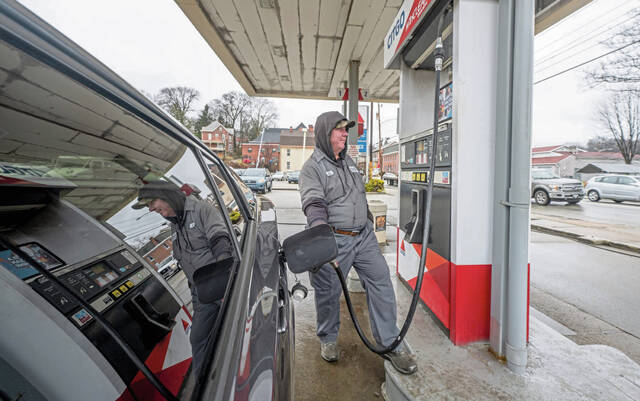Getting shots into the arms of the state’s most vulnerable elderly and minority residents remains a challenge, even as vaccine begins a steady flow into Pennsylvania, state officials said Tuesday.
It took the combined efforts of three managed care giants tasked with reaching out to the marginalized and those most vulnerable to covid-19. They made more than 150,000 phone calls to schedule appointments, arrange for transportation and address vaccine hesitancy among 9,000 Medicaid recipients over the last month.
Outgoing Department of Human Services Secretary Teresa Miller said the program reflects the state’s commitment to promote equity among minorities, the elderly and those with disabilities.
It comes at a time when vaccine eligibility sits poised for a dramatic expansion with President Biden’s vow to open vaccinations to all adults 18 and older by April 19.
Miller said the state relied on a cooperative effort by AmeriHealth Caritas, PA Health & Wellness, and UPMC — three managed care organizations that serve 350,000 Medicaid recipients through the Community Health Choices program — to target people with the greatest need for the vaccine.
“Our partnership with (the managed care organizations) is creating direct access to vaccines for individuals and communities who have been disproportionately impacted by the pandemic,” Miller said. “This work is keeping equity at the forefront of our vaccine distribution and will keep communities safer as we continue to make progress against this virus.”
Miller said the three organizations were uniquely positioned to handle the program because their service coordinators provide direct outreach to program recipients and know where the need is greatest.
Representatives of the organizations said their employees made tens of thousands of calls to reach individuals, many of whom lacked computer access and transportation, to facilitate appointments at clinics across the state. Others were on hand to help with paperwork and address fears and concerns about the vaccine at the clinics.
Officials were not immediately able to provide a county-by-county breakdown of those served by the program.
Miller said the vaccination clinics operated in conjunction with the three managed care organizations and Rite Aid prioritized individuals based upon participants’ risk of contracting COVID-19.
They focused on reaching communities of color that have been disproportionately impacted by this pandemic. She said preliminary data showed that about two-thirds of participants served through the clinics were people of color.
Some couldn’t wait any longer
By the time the state launched the effort last month, some health care and community organizations had already taken matters into their own hands.
On Feb. 24, the Allegheny Health Network held a vaccine clinic targeted to serve 350 vulnerable and minority residents in New Kensington. Local residents, many of whom lacked transportation to travel outside the city, welcomed the clinic. It marked the Pittsburgh-based health system’s fourth such clinic in the region.
Elsewhere, it took longer to reach some of the region’s most vulnerable people.
Tim Miller, executive director of the Westmoreland Blind Association, a local training workshop that serves scores of severely disabled adults at its South Greensburg facility, said he began making calls late last year, begging to schedule vaccinations for the clients in the program as well as the staffers who oversee the facility.
“We had registered with the (Pennsylvania) Department of Human Services in early November and even volunteered our space for a vaccine clinic, but we heard nothing back,” Miller said. “I reached out to ODP (the state Office of Developmental Programs) and I registered through UPMC.
”The only way we had access to the vaccine was recently when the Excela portal opened up. Our agency registered and transported everyone to the Excela site in Norwin. Everyone who wanted one got vaccinated.”
He said the state was diligent about vaccinating workshop clients who lived in group homes. But many of the adults enrolled in the facility’s training programs live with family members and had no access to programs like those rolled out in group homes.
Westmoreland County Commissioner Gina Cerilli Thrasher said she was heartbroken this winter as her office logged call after call from elderly residents unable to schedule vaccinations even though they were eligible.
“We had people calling crying every day and we didn’t have any answers for them,” Cerilli Thrasher said. “No one wants to hear ‘Be patient,’ when they are desperate.”
She said her office now coordinates with the United Way and the Area Agency on Aging, which have joined to help people without computer skills or resources to set up appointments.
She said Excela joined the effort, setting aside 10% of their appointments to serve that population.
“We have eight (vaccine) providers in the county, and all eight of them have been rock stars. They are so dedicated,” she said.
”Now we’re trying to tackle our home-bound population. We’re hoping to go through Public Safety and use paramedics to vaccinate the home-bound.”


